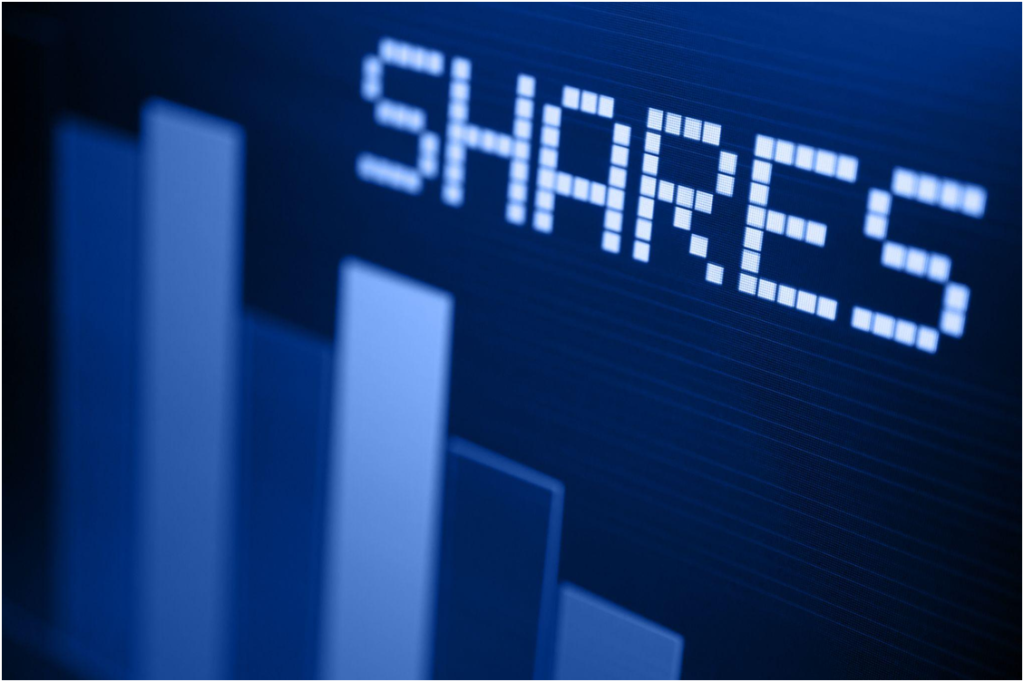If a company you are invested in turns a big profit they may offer to buy back stock or shares. Does this seem too good to be true? In many cases, it’s a genuine way for shareholders to get great rewards from their investments. This article will walk you through how a share buyback works.
What is a share buyback?
Initially, a company will create a certain number of shares and allocate a value to them. Over time new shares might be added that dilute the true value of the shares held by investors, even if a company is performing well. To correct this and distribute cash profits, a company can offer to buy some of its shares back from FAQ BLOG shareholders.
Why do companies buy back their own shares?
The main reason why companies buy back their own shares is to increase share value by making fewer stocks available. This creates better value for shareholders and helps retain loyalty through maximised returns. The other reason for share buyback is it takes cash off the balance sheet, making it appealing to a company that has high profits.
What are the different types of share buyback?
Share buybacks can happen in two different ways, with on-market and off-market buybacks.
On-market buybacks
On-market means the trade is made on the open market exchange, in the same way as usual stocks.
Off-market buybacks
A company can contact shareholders directly and make an offer to buy a portion of shares held with off-market buybacks. If only certain shareholders are offered buybacks (i.e. those with over a certain number of shares) shareholders outside the selected group can vote on if that offer should go ahead.
What are the benefits of a share buyback?
Companies buy back their own shares to gain financial benefits. In most cases shares are purchased with cash, making a buyback appealing for a company that has surplus cash (through increased profits) on their balance sheet. As well as this the benefits can be:
Directly boost share prices
By reducing the number of shares available a company can potentially increase the value of shares for investors.
Tax efficiency
There is no tax set for increased share value, but there are taxes for dividends and share sales.
More flexibility than dividends
Making changes to dividends can be difficult. It is far more flexible to sell shares that come with one-off changes and regulations rather than an ongoing commitment.
Offset dilution
If a company assesses that shares have been diluted through too many share allocations a buyback will be issued to help offset this issue. The purchased stocks are cancelled or reissued to reduce numbers and strengthen stock value for shareholders.
What stock buybacks mean for you
Stock buybacks can mean you get some big gains on the stock market but proceed with caution; not all share buybacks are requested for the right reasons. It’s important that you take steps to understand more about how the share market works before you commit financially.
Company growth needs to be considered as a company that sells stocks over investing in internal growth strategies can cause brand weakness that leads to a slide in share value.
If a share buyback is based on genuine, positive intent shareholders can see bonuses such as increased share value and a greater claim on company earnings.
When company stocks are undervalued it makes sense for a buyback to take place in order to raise share selling prices to be more in line with genuine worth. Share buybacks are typically done on the market alongside any other share trade, but there are complexities and tax considerations to take into account. Make sure you work with professional wealth advisers who can walk you through the steps and assess the risk.

